The African Grey Parrot is one of the smartest and most popular pet birds in the world. It is known for its beautiful feathers and amazing ability to mimic human speech. It’s not just a bird, it’s a friend, a talker, and a lifelong companion.
Scientific classification
- Kingdom: Animalia
- Phylum: Chordata
- Class: Aves
- Order: Psittaciformes
- Family: Psittacidae
- Genus: Psittacus
- Species: Psittacus erithacus
There are two main types of African Grey Parrots:
- Congo African Grey
- Timneh African Grey
Common Names
This bird is widely known as:
- African Grey
- Grey Parrot
- Congo Grey (for the larger type)
- Timneh Grey (for the smaller type)
- “Talking bird” (in many African homes)
Geographic Distribution
African Grey Parrots are native to West and Central Africa They are commonly found in countries like:
- Ghana
- Nigeria
- Cameroon
- Congo
- Ivory Coast
They live in rainforests, savannas and even flooded forests where they nest in tall trees.
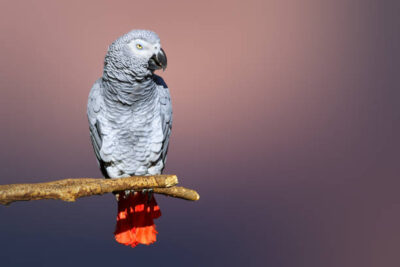
Image showing African Grey Parrot perched on a tree branch (Source: iStock)
Major types of African grey parrots
1. Congo African Grey
This is the most well-known type of African Grey. It is larger and has a brighter red tail.
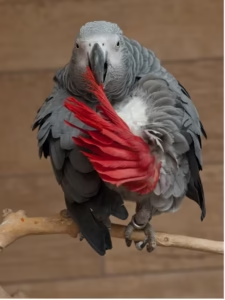
Image showing Congo African Grey Parrot showing its red tail feathers (Source: Winged geographies)
Key Facts:
- Size: About 33 cm (13 inches)
- Weight: Around 400 grams
- Color: Light grey body, bright red tail
- Temperament: Intelligent, curious, needs attention
- Talking Ability: Excellent mimic and talker
2. Timneh African Grey
This is slightly smaller and has a darker tail and beak. It matures faster and is also a skilled talker.
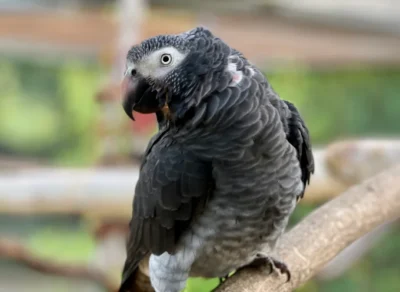
Image showing Timneh African Grey Parrot on a perch (Source: Beale Wildlife Park)
Key Facts:
- Size:About 28 cm (11 inches)
- Weight: Around 300 grams
- Color: Dark grey body, maroon tail, black beak
- Temperament:Quieter, more independent
- Talking Ability: Learns words quickly
Physical Characteristics
- African Greys are medium-sized parrots with a light or dark grey body, white face patches, and a short, bright tail (red or maroon).
- Their eyes are pale yellow in adults and dark grey in young birds.
- They have a strong, hooked beak that helps them crack nuts and climb around with ease.
Intelligence and talking ability
African Grey Parrots are often called the Einstein of birds They can:
- Mimic human speech and sounds
- Understand meanings of words and objects
- Learn hundreds of words and even use them in context
- Respond to commands and recognize colors and shapes
They need mental stimulation and regular interaction to stay happy and healthy.
Fun facts
- Some African Greys can learn over 1,000 words.
- They can live up to 50–60 years in captivity with good care.
- African Greys use their feet like hands to hold food and toys.
- These parrots form strong bonds with their owners and can become emotionally attached.
- They are sensitive to tone and emotion picking up on the moods of people around them.
Importance to Humans
African Grey Parrots are loved for their talking skills and loyal nature. They are often kept as pets, companions, or even herapy birds
However, they also face problems due to:
- Illegal trapping for the pet trade
- Loss of habitat due to deforestation
- Poor treatment in captivity by unprepared owners
- They need owners who understand their emotional and mental needs.
Health & Common Issues
African Greys are generally healthy but can suffer from stress, poor diet, or neglect.
Common Health Issues:
- Feather plucking from boredom or anxiety
- Calcium deficiency (especially in captive birds)
- Psittacosis (a bacterial infection that can also affect humans)
- Respiratory problems if exposed to smoke or fumes
Veterinary Needs:
- Regular check-ups with an avian vet
- Balanced diet including fruits, veggies, and calcium-rich foods
- Mental enrichment like toys, talking, and learning games
- Clean, well-ventilated cages
- Conservation Status
The African Grey Parrot is listed as Endangered on the IUCN Red List due to:
- Illegal capture for the pet trade
- Deforestation and habitat destruction
- Low breeding success in the wild

Image showing African Grey Parrot playing with a toy in a home (Source: VistaCreate)
Thinking of adopting an African Grey or want help caring for your parrot?
📞 Contact Doctor Hulk Veterinary Hospital Today @ 08143397614. We love your birds as much as you do.




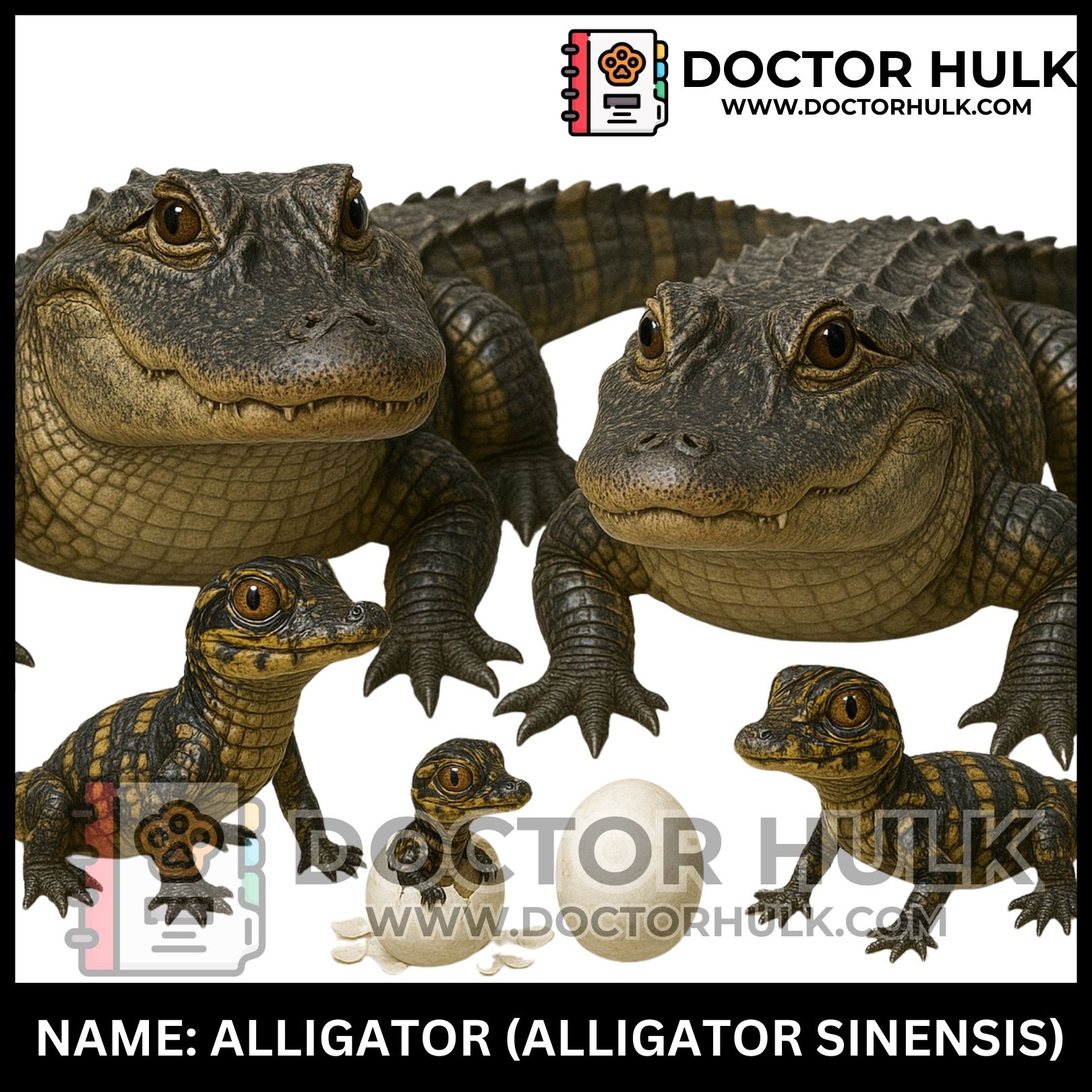
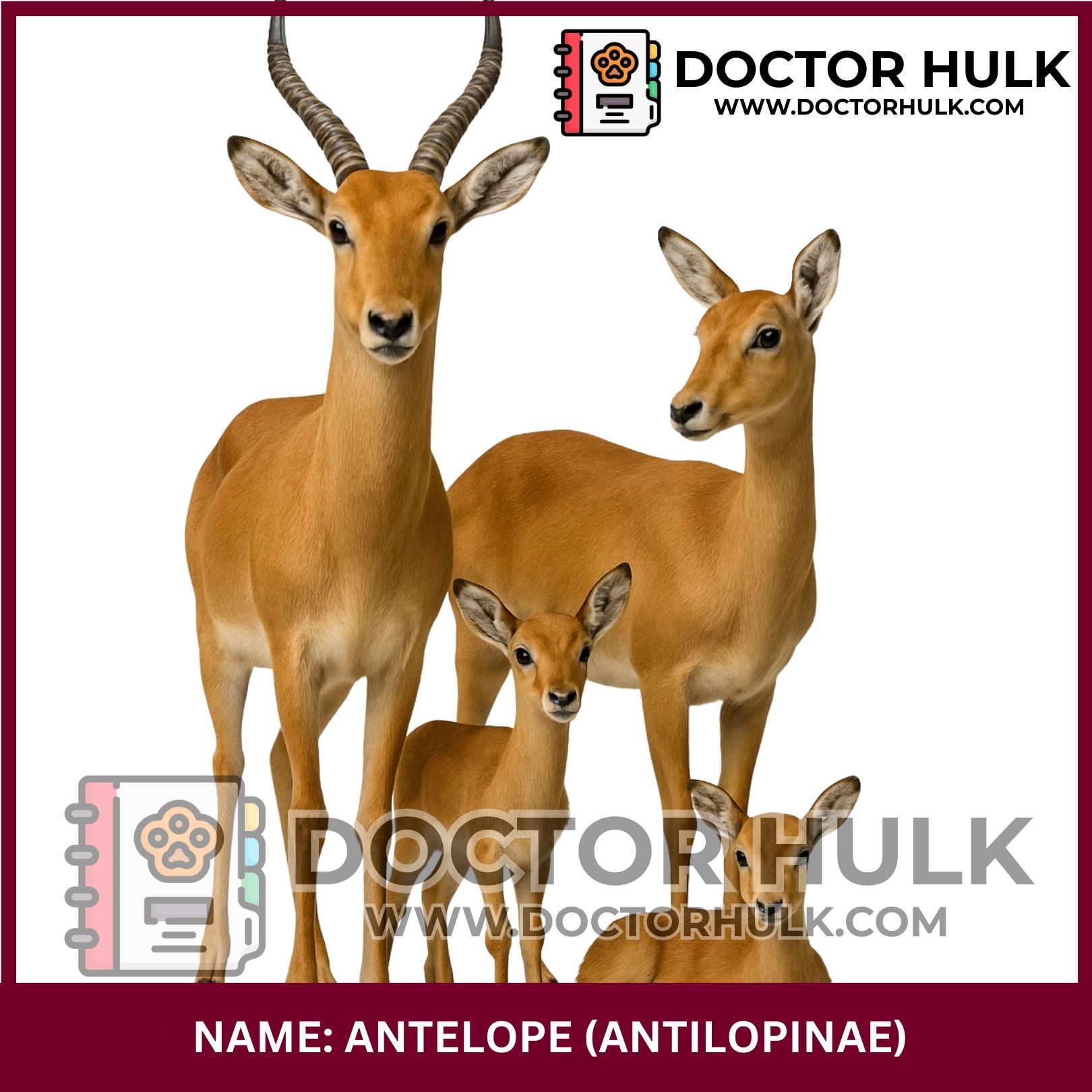
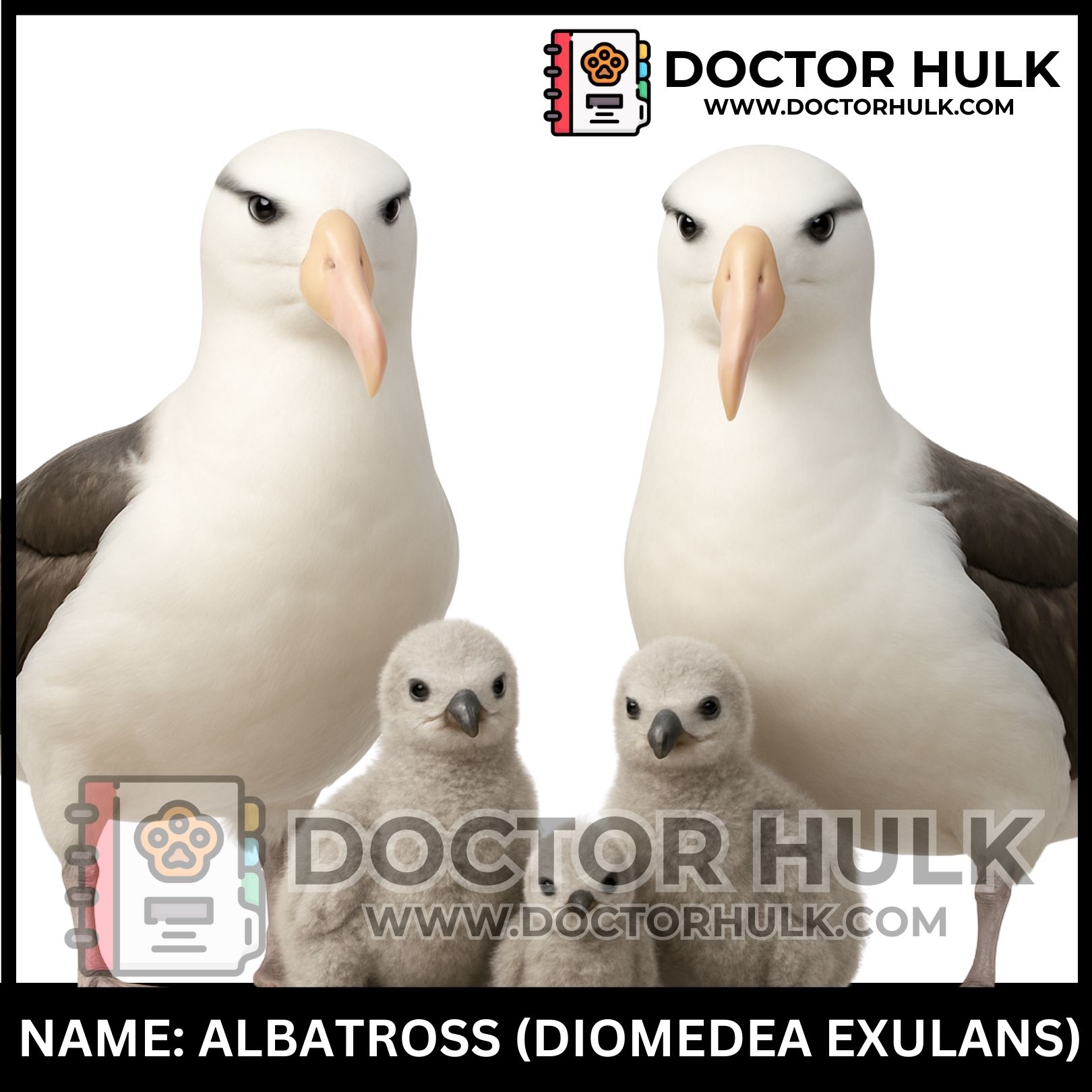
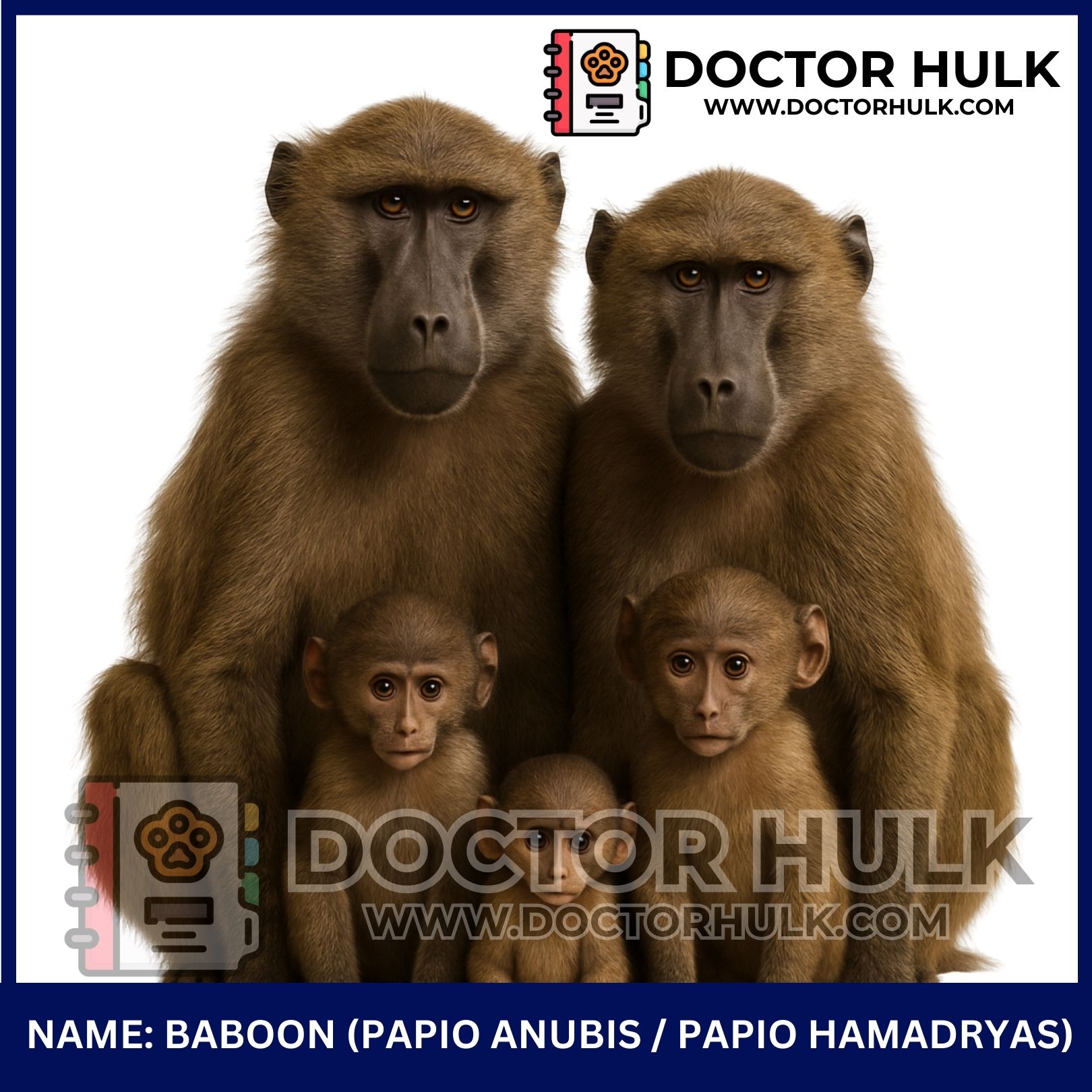
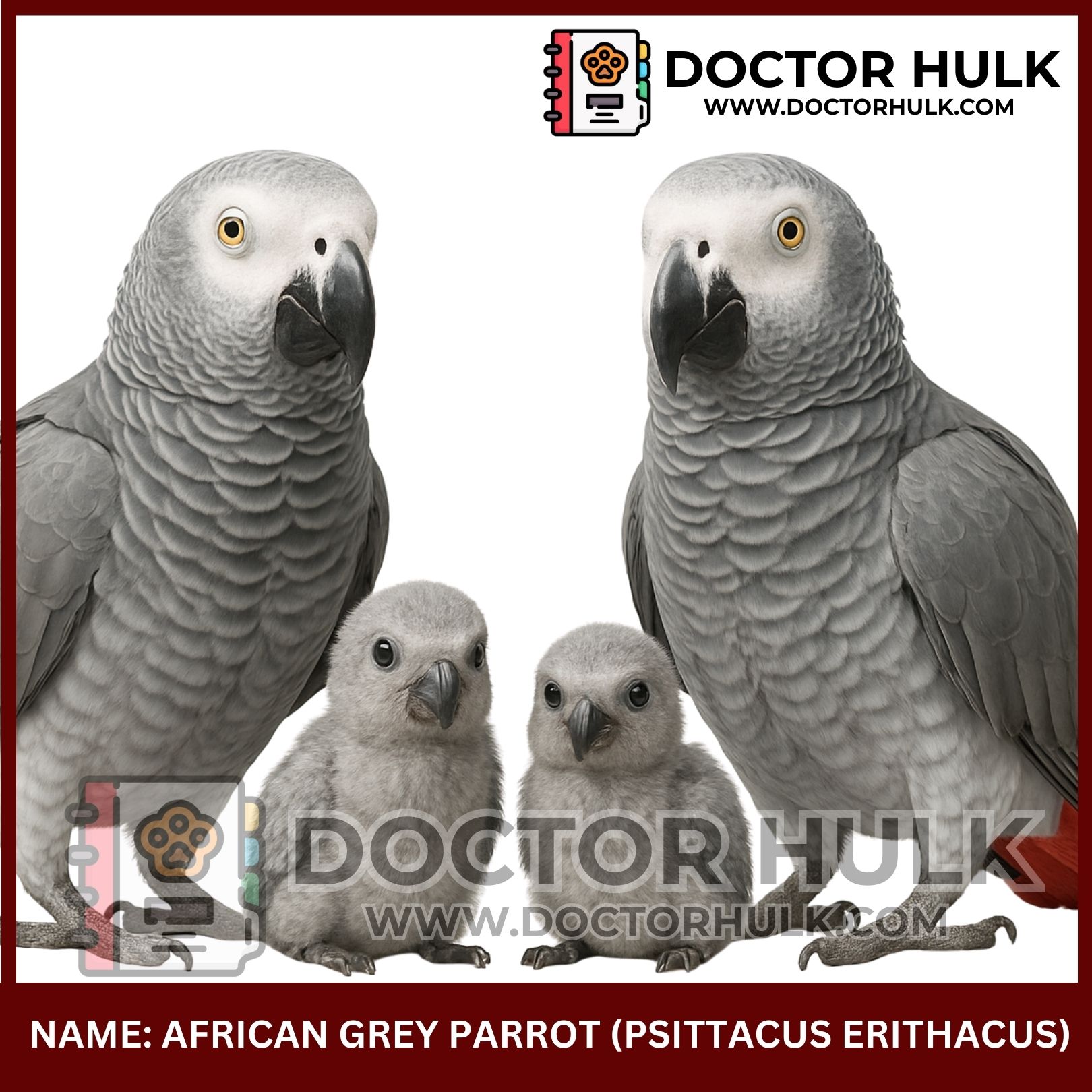

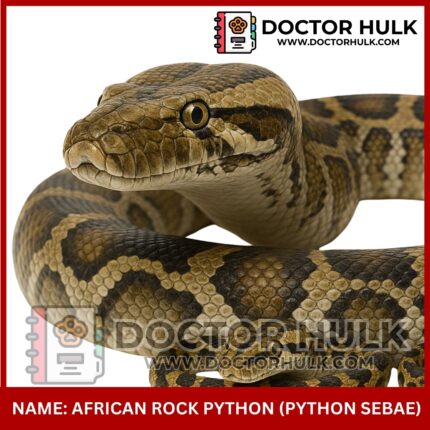


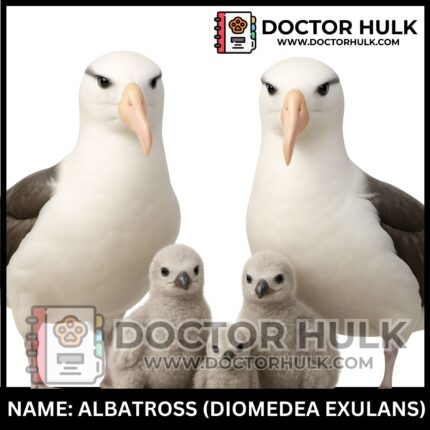
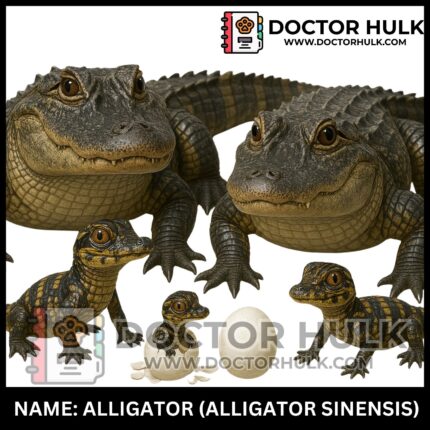
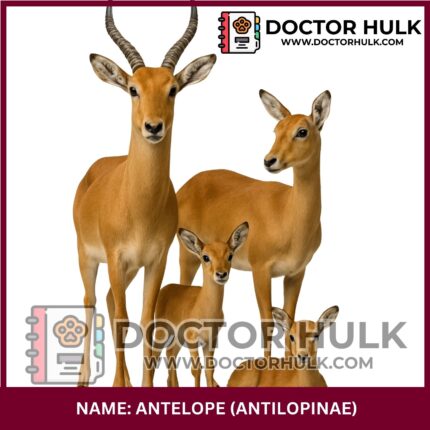

Reviews
There are no reviews yet.